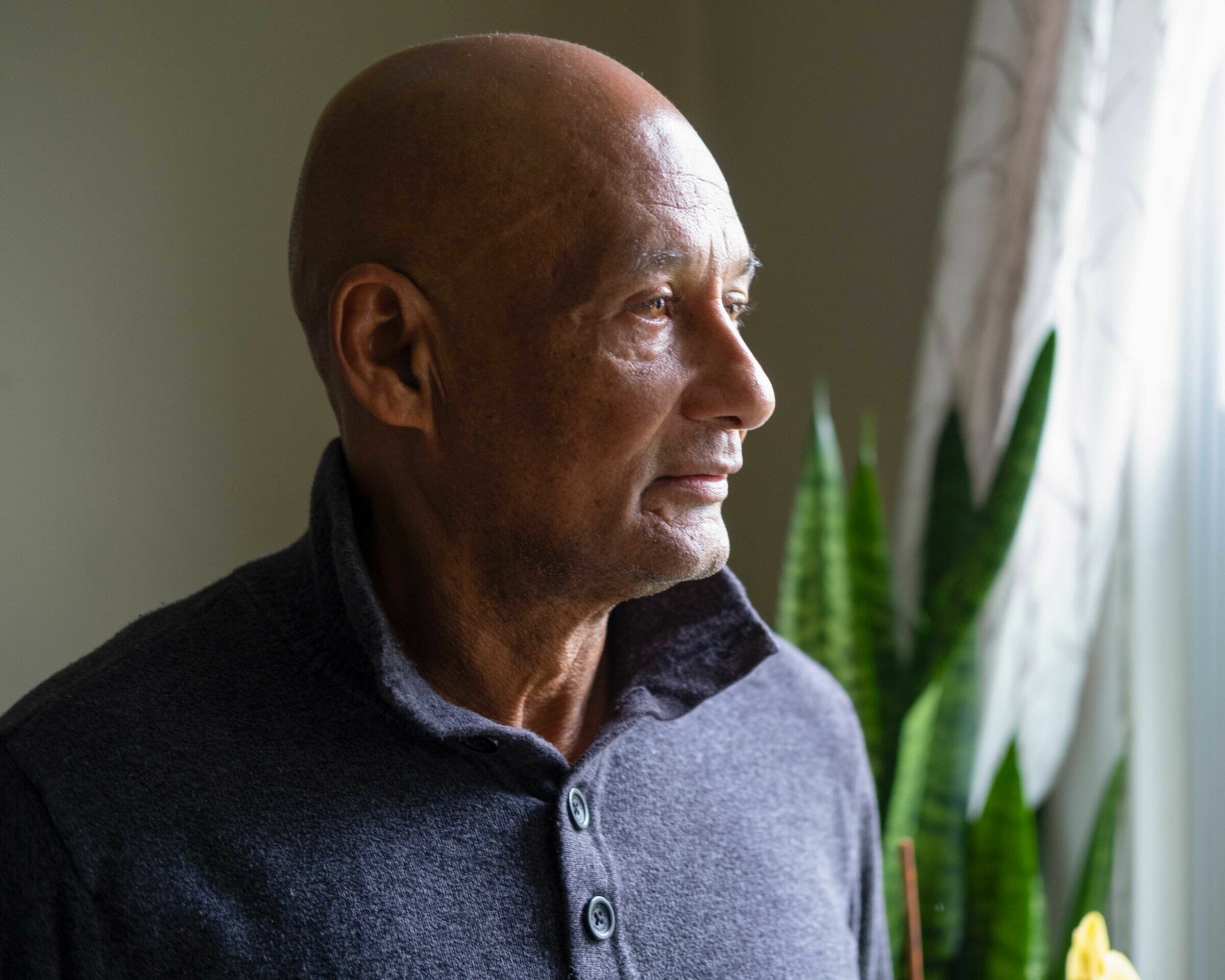
In his small Waterbury apartment, Delio Placido candidly shares the story of his arrival in the United States and the odyssey that followed. Delio came to Waterbury from his native Dominican Republic seven years ago with his then-15-year-old son. Like so many immigrants, Delio had big dreams and was hopeful about the future. He never expected that soon he would be homeless and impoverished.
When Delio came to Connecticut, he was married to an American citizen of Dominican descent. This enabled him to obtain an I-751 petition, which allows the spouse of a U.S. citizen a two-year conditional residency. Following that period, the U.S. Citizenship and Immigration Services typically grants lawful permanent resident status and provides the applicant a 10-year green card.
In Delio’s case, however, trouble arose after his arrival in the United States. Although he worked two jobs, he and his wife began to fight about money, and about their respective children from previous relationships.” With tears in his eyes, Delio remembers, “Before we arrived here, my wife had painted this reality of how things would be, but once we were here, things completely changed.” One day, Delio arrived home from work to find that his things had been placed outside. Delio and his son were homeless in a land where they did not speak the language or have any relatives or friends. Delio sought help at a local church, which in turn connected him with a shelter and with the Connecticut Institute for and Refugees and Immigrants (CIRI).
CIRI provides legal, social, and educational services that help thousands of immigrants throughout Connecticut navigate the United States immigration system. These services are critical, because immigrants who do not receive adequate legal representation are at risk of detention or deportation, as well as family separation. Additionally, without secure legal status and a clear path to permanent residency, many immigrants are at high risk to live below the poverty level, without access to life-saving federal benefits, healthcare, access to public education, housing, and viable employment opportunities. It is well documented that immigrants with legal status and those given a pathway towards citizenship are better able to integrate economically and otherwise. In the past two years, Connecticut Community Foundation has provided more than $40,000 in grants to CIRI to provide services to immigrants in greater Waterbury.
Judith Baez, legal representative at CIRI, explains that because Delio was relying on an I-751 waiver, and because his wife wanted a divorce, his immigration status was at risk. “When I met Delio for the first time, he was confused, worried, and afraid. I was grateful that he was willing to share his story with me, and I am glad we at CIRI were part of his journey in obtaining Permanent Resident Cards for him and his son,” Judith explains. “Today, thanks to Connecticut Community Foundation, CIRI provides support to immigrants five days per week. Additionally, CIRI has expanded its footprint in the community, offering Know Your Rights workshops, anti-human trafficking training, and rental assistance to immigrants experiencing housing instability. The partnership between the Foundation and CIRI will continue to bring life-changing and, in some cases, lifesaving services to communities in the greater Waterbury region.”
These days, Delio and his son live together as legal permanent residents in their small apartment, where they are happy. They are both working and continuing to prosper. Delio is grateful for the assistance he received from CIRI, with the Foundation’s support, during his time of need. “From the moment I met the folks at CIRI they gave me the strength to keep moving forward”. He said, “I am so thankful for the support we have received.”







